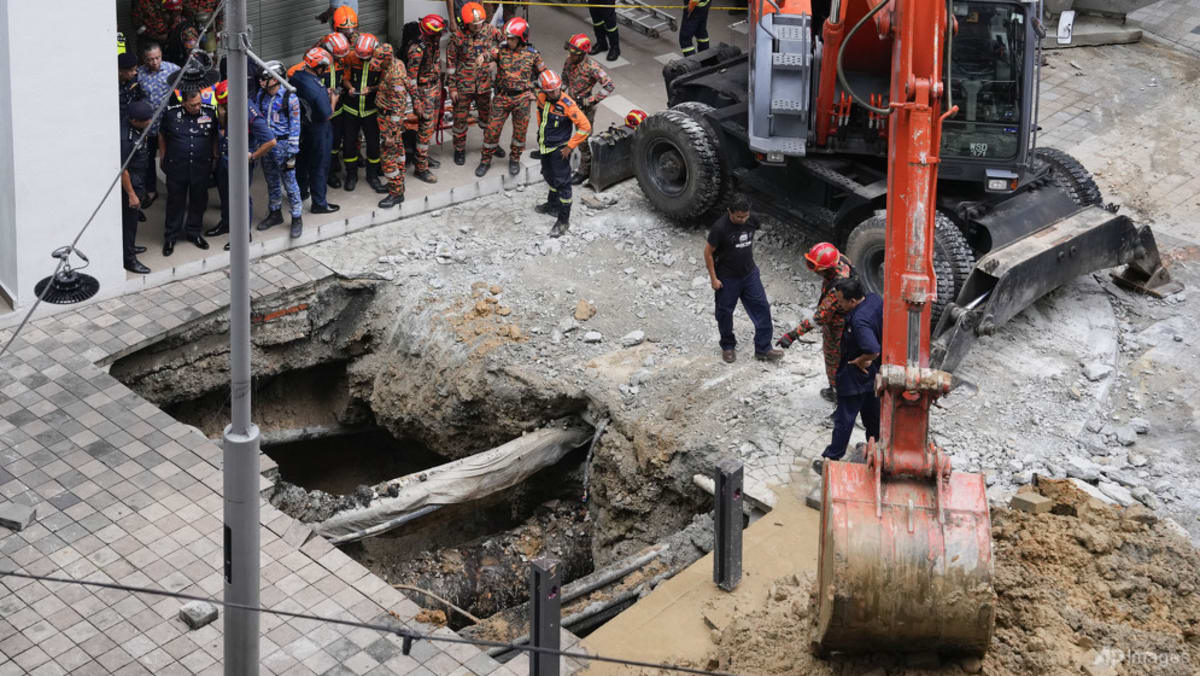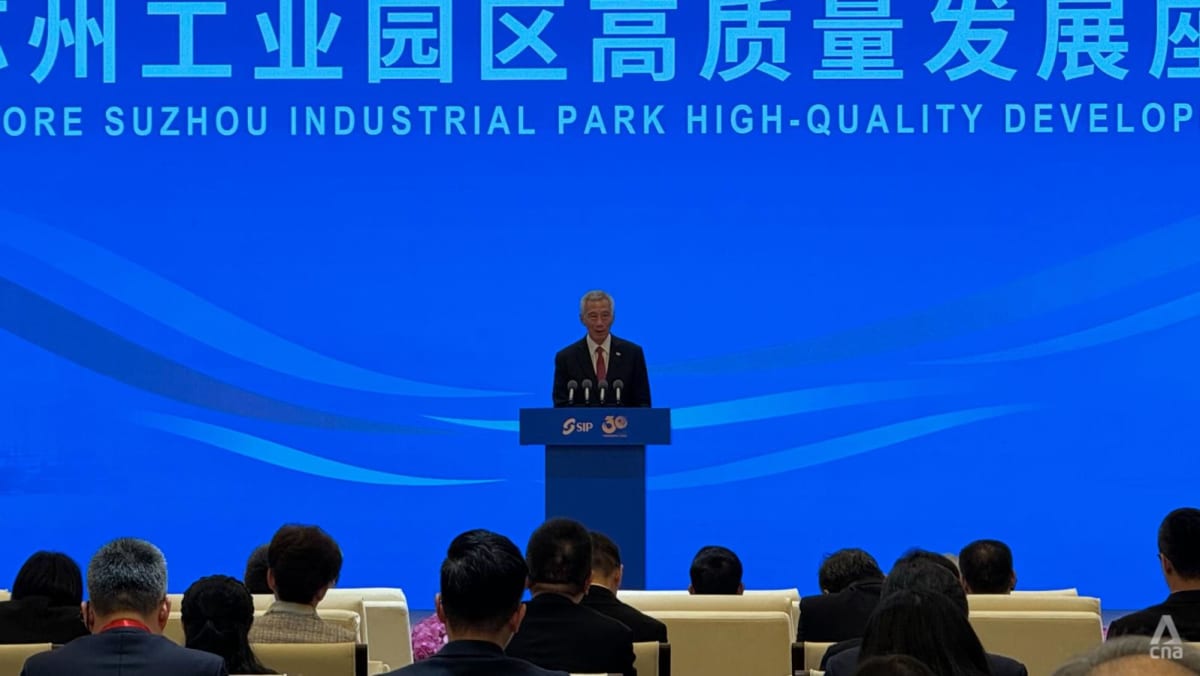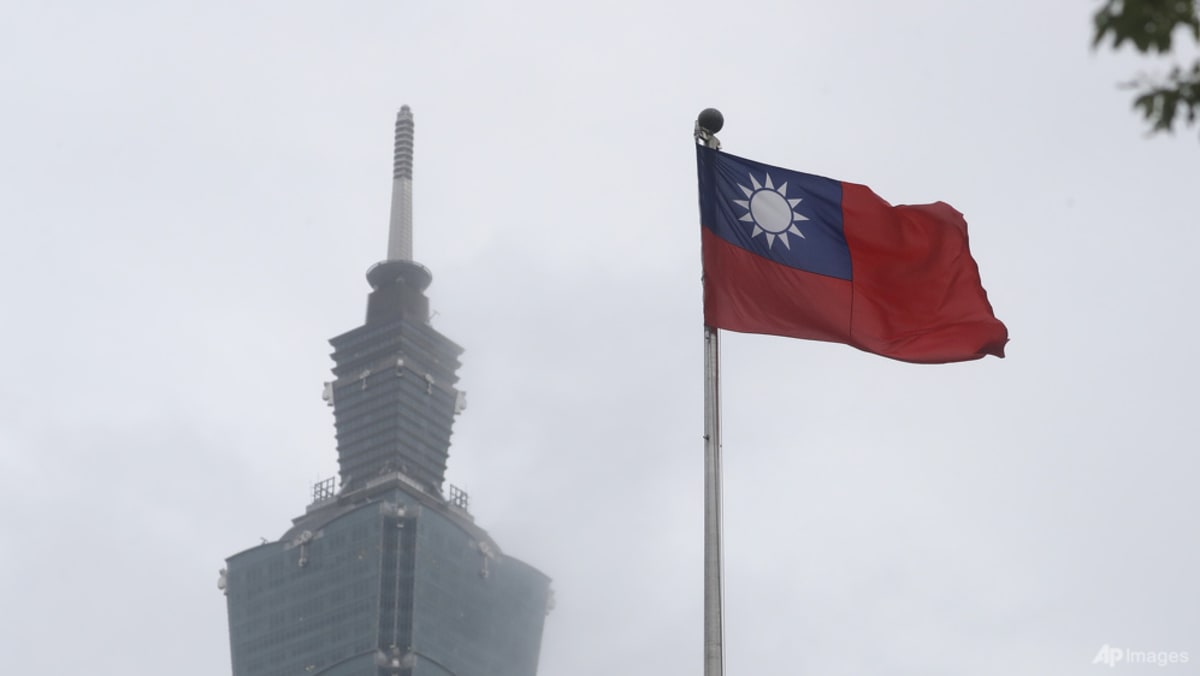CNA Explains: What could have caused the Kuala Lumpur sinkhole, and are there warning signs?

Does this mean Kuala Lumpur is unsafe?
The cause of the first sinkhole is still unknown.
While Kuala Lumpur’s geological formation is known for its widespread limestone bedrock, which is prone to dissolution, experts have told CNA this does not apply to all areas of the capital.
It still hasn’t been established if the location of the incident was built on limestone.
On Sunday, Kuala Lumpur mayor Maimunah Mohd Sharif said the city “remains safe unless proven otherwise by studies”.
Any contrary claims must be backed by strong evidence, she said, as reported by the Bernama news agency.
A task force including the Department of Minerals and Geosciences, Kuala Lumpur City Hall, the Royal Malaysia Police and the Public Works Department has been set up to study the safety of development in the capital.
Nevertheless, Mr Ng from IES said the high levels of rainfall experienced by Kuala Lumpur could make the city more susceptible to sinkholes.
“The rainfall water may wash along with it the loose soil material in the ground and result in a void,” he added.
Source: CNA















